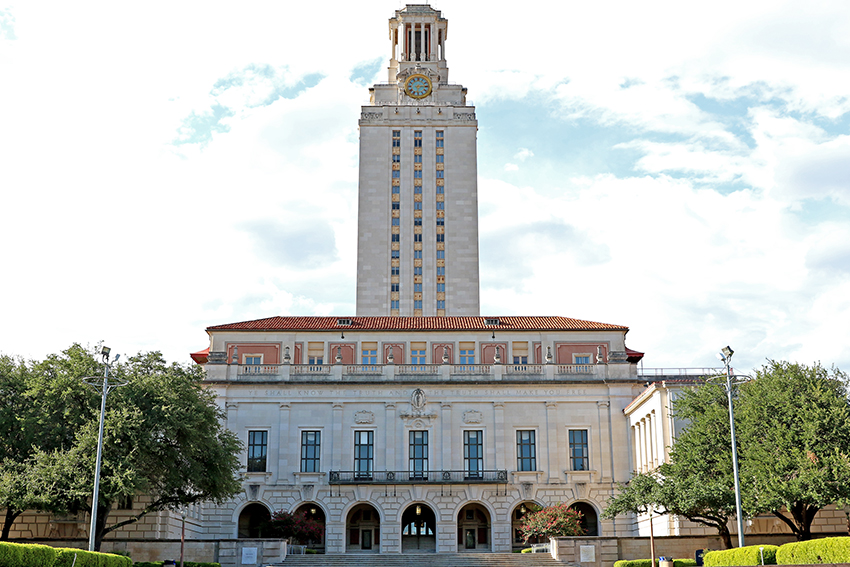The University asked a federal court on Monday to dismiss a lawsuit filed by a male student who has been accused of sexual assault in a Title IX case.
The student, referred to in the case as John Doe, is accused of sexually assaulting a female student referred to in the case as Jane Roe. Doe filed the lawsuit ahead of a Title IX hearing originally set for Feb. 7.
The suit seeked to stop the hearing because it claimed Doe would not be treated fairly during the hearing and requested a jury trial in the case. Since the lawsuit was filed, the University decided to postpone the hearing. The hearing has not been rescheduled.
In its motion to dismiss, the University said the plaintiff lacked standing to sue because the hearing has not yet occurred and called any “injury” the plaintiff said he will endure to be “speculative.”
“This Court should dismiss this case because it is not ripe,” the motion said. “Plaintiff may win his disciplinary hearing. Accordingly, Plaintiff has suffered no injury and none is imminent.”
The assault in question occurred on April 28, 2017, according to Doe’s lawsuit. Doe and Roe left a party together around 2 a.m. — both were intoxicated — and went to Roe’s apartment where they had sex. The next day, Roe went to her friends and said she blacked out and did not remember anything until “moments just before she and John finished having sex.”
The lawsuit filed by Doe said he would not be treated fairly at the hearing because the Title IX report for the case was amended three times after the University received notice of the lawsuit.
Doe also requested the court declare the University’s definition of incapacitation unconstitutionally vague. The University’s sexual misconduct policy lists several reasons that would prevent a student from being able to give consent, including incapacitation. And the University’s definition of incapacitation under its sexual misconduct policy as a state of being that prevents the student from giving consent.
In response to this, the University said in their motion that the “plaintiff alleges he had sex with a student who was unsteady, intoxicated, who had vomited, and who blacked out.”
“Plaintiff’s allegations fail to state a plausible claim that the definition of incapacitation is unconstitutionally vague,” the motion said.
The University’s motion also said Doe’s counsel, Brian Roark, presented a similar case two years ago where he represented two male students accused of violating the University’s sexual misconduct policy. The court sided with the University’s belief that the case was not “ripe” because no decision and therefore no injury had occurred by the time of the suit. The motion then says the students involved in this earlier case ultimately won their hearings.
“Accordingly, this Court should allow the university process to play out,” the motion said. “If Plaintiff loses his disciplinary hearing, appeals to the President, loses the appeal, and is sanctioned, he should file his lawsuit then and seek injunctive relief to prevent the enforcement of the sanction.”



















